When the Jews of Color Initiative (JoCI) launched its Count Me In survey earlier this year to learn about Jews’ of Color experiences in Jewish life, the goal was to garner 1,000 respondents. Having surpassed that goal with 1,029 Jews of Color (JoC) completing the survey, the study’s research team housed at Stanford University is now combing through the responses. Later this summer, the JoCI will work in partnership with other JoC leaders nationwide to share the findings and to advocate for changes in the Jewish community.
Beyond the unprecedented nature of the study, which has created the largest dataset of Jews of Color in the U.S., the multiracial research team is a model for successful collaboration across diverse areas of specialization and research methods. To construct a survey that reflected not just the ideas of the research team but of the larger Jews of Color community, the team first held approximately 30 interviews with Jews of Color to determine common themes and questions that arise directly from the community.
“Surveys are only as good as the questions you know how to ask,” said lead researcher Dr. Tobin Belzer. After analyzing the content of these 30 interviews, the research team created the Count Me In survey with the consultation of a research advisory committee of JoC leaders and stakeholders. Key questions considered during this process, and that the Count Me In survey asks, include:
- How does the diversity of JoCs think about Jewish identity?
- How do JoCs self-identify?
- What have been JoCs experiences in Jewish communities–both terrible and wonderful?
- How has systemic racism affected JoCs in Jewish spaces?
- How can the Jewish community better embody the range of experiences and identities of all people so all Jews see ourselves in Klal Yisrael?
For Jews of Color, many of us have been on the margins in mainstream Jewish institutions. This study aims to better understand stories and experiences about the intersection of racialization and Jewish life for Jews of Color. This work has never been more crucial and timely. To Jews of Color, we say that it is time for visibility, for voice, and for data–for us and by us.
– Dr. Dalya Perez, critical race theorist and equity strategist for Microsoft, who is a Jew of Color on the study’s research team
Once the research team analyzes all the responses, they will conduct another round of interviews to deepen their understandings of participants’ experiences. This type of multi-step research helps studies represent a wide spectrum of perspectives—captured by surveys—as well as the depth of lived experiences—captured by interviews.
The Count Me In research team is led by Dr. Tobin Belzer, Contributing Fellow at the Center for Religion and Civic Culture at University of Southern California, and includes Dr. Ari Y Kelman, Jim Joseph Professor of Education and Jewish Studies at Stanford; Dr. Dalya Perez, critical race theorist and equity strategist for Microsoft; Dr. Gage Gorsky, PhD in measurements and statistics in education from the University of Washington; Tory Brundage a doctoral candidate at the University of Washington, and Vincent Calvetti, a doctoral student at the University of Washington.
To stay up-to-date with Count Me In, visit Jewsofcolorinitiative.org.
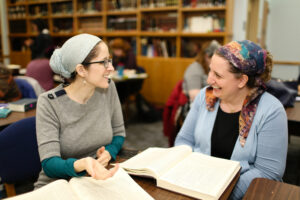 Orthodox Judaism and the community at large. Maharat has increased its commitment to sharing relevant Jewish text to the broader international Jewish community with its
Orthodox Judaism and the community at large. Maharat has increased its commitment to sharing relevant Jewish text to the broader international Jewish community with its 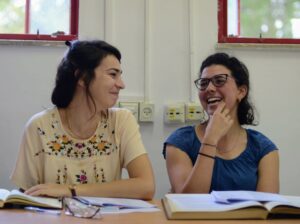
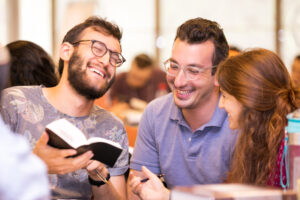
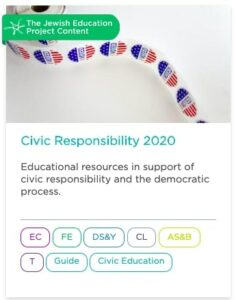 Portal features support teachers who are teaching virtually, in-person, or any hybrid model, and are updated frequently. To get the most out of
Portal features support teachers who are teaching virtually, in-person, or any hybrid model, and are updated frequently. To get the most out of 
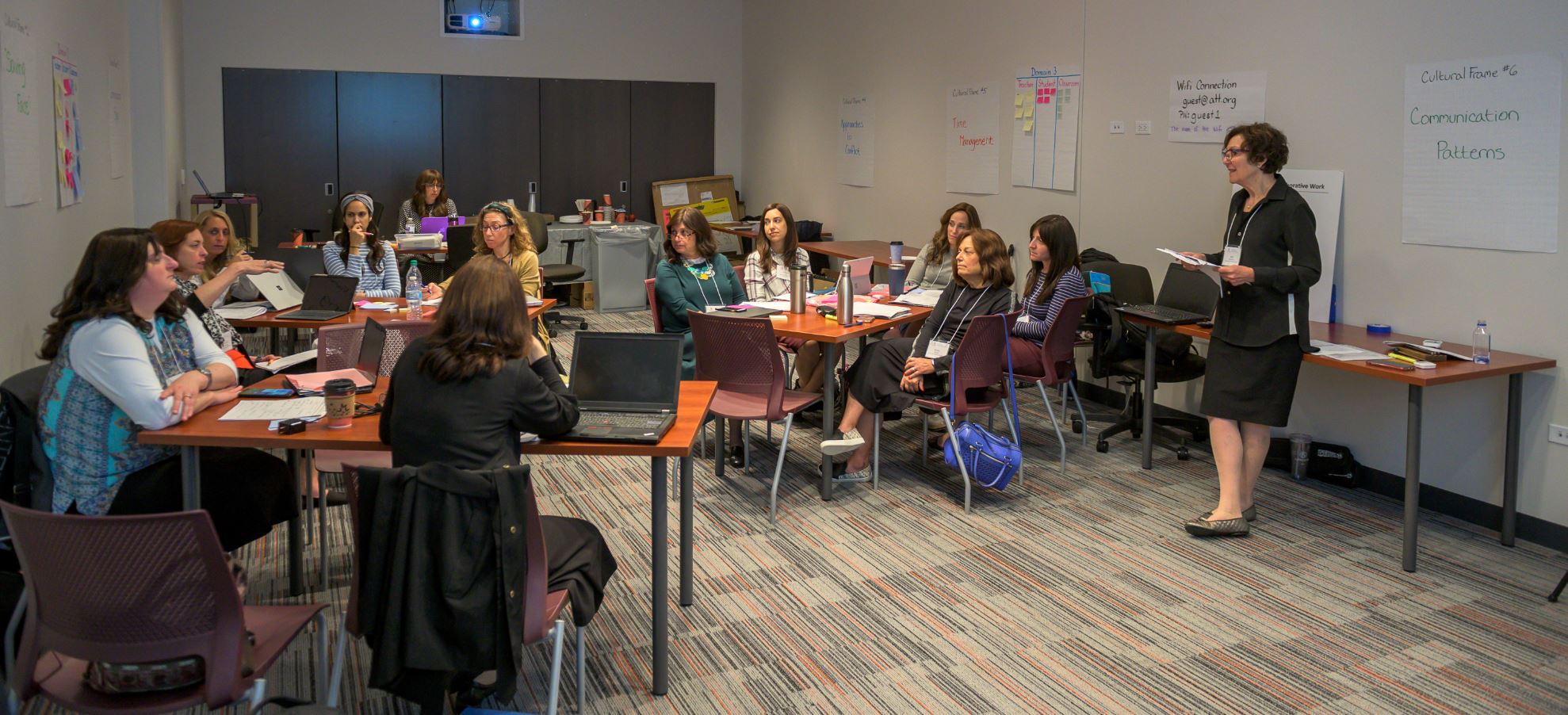 JNTP’s model was adapted from the New Teacher Center in Santa Cruz, California, which trains veteran teachers to provide two years of intensive mentoring to support new teachers in public schools across the country. JNTP’s efforts elevate teaching and learning in the world of Jewish education and enable schools to have more effective educators and school leaders positioned to help every student meet their potential.
JNTP’s model was adapted from the New Teacher Center in Santa Cruz, California, which trains veteran teachers to provide two years of intensive mentoring to support new teachers in public schools across the country. JNTP’s efforts elevate teaching and learning in the world of Jewish education and enable schools to have more effective educators and school leaders positioned to help every student meet their potential.
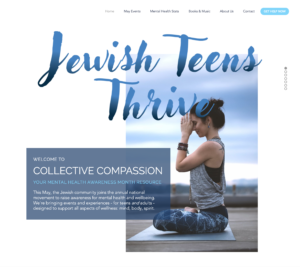
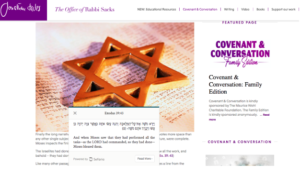
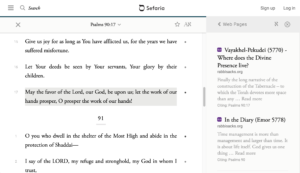
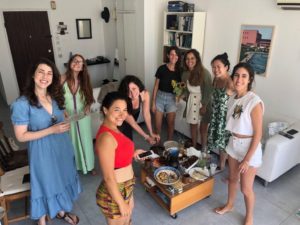 The hundreds of Well Circles—monthly gatherings around the new moon and Hebrew month—each include about ten women with a shared mission, shared responsibility and a sacred sense of belonging. By creating space that blends biblical, talmudic, midrashic and modern texts, prayers, and rituals, Well Circles cultivate meaningful experiences and connections for participants. Importantly, every woman has a chance to lead their Well Circle as a confident host, using At The Well’s resources to facilitate discussion and activities about themes in each Hebrew month. This leadership role allows women in each Circle to not only grow more connected to their Jewish spirituality, but also to become stronger as Jewish leaders within their communities.
The hundreds of Well Circles—monthly gatherings around the new moon and Hebrew month—each include about ten women with a shared mission, shared responsibility and a sacred sense of belonging. By creating space that blends biblical, talmudic, midrashic and modern texts, prayers, and rituals, Well Circles cultivate meaningful experiences and connections for participants. Importantly, every woman has a chance to lead their Well Circle as a confident host, using At The Well’s resources to facilitate discussion and activities about themes in each Hebrew month. This leadership role allows women in each Circle to not only grow more connected to their Jewish spirituality, but also to become stronger as Jewish leaders within their communities.